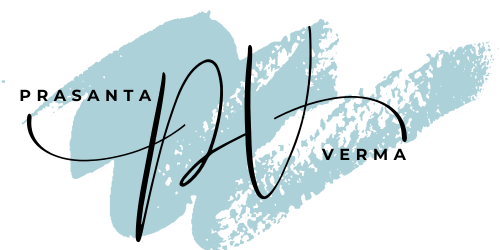It’s about that time of year — the kids are immersed back in school, the season is changing, and it’s the beginning of the cold and flu season.
Many of us (including me) carry a helpful little product in the car or purse, and even have one at home.
When washing hands isn’t possible, it seems helpful and handy to squirt a little dab of soap that promises to kill 99.9% of bacteria on the hands, doesn’t it?
Yet is this product really necessary in the fight against germs? And is it safe?
Antibacterial soap was developed for hospitals and environments that require a sterile environment. It has been a valuable development– and there are occasions when the use of antibacterial soap is crucial. Only recently have these soaps entered the mainstream market, and today the market is full of antibacterials soaps and cleaners.
Yet recent research indicates it may not be the best or safest alternative:
- Antibacterials soaps do not work any better than plain soap and water. (“Soaps and lotions that include antibacterial agents have no benefit over ordinary soap and water…” source: http://www.ama-assn.org/amednews/2005/11/14/hlsc1114.htm)
- Overuse can lead to drug-resistant bacteria. Antibacterial soaps contain antibiotics. When antibiotics are overused for unnecessary purposes, bacteria can become resistant to them.
- Research has shown that exposure to bacteria can be good since it strengthens your immune system. A recent hypothesis called the “hygiene hypothesis” says that an environment that is too clean leads to more allergies and asthma.
- Antibacterial soaps kill bacteria, not viruses. The common cold and the flu are caused by viruses.
There are also concerns about Triclosan- an antibiotic found in many antibacterial soaps and cleansers:
- Triclosan breaks down into very toxic chemicals, including a form of dioxin; methyl triclosan, which is acutely toxic to aquatic life.
- Triclosan also breaks down into chloroform, a carcinogen formed when triclosan mixes with tap water that has been treated with chlorine. (source: http://www.thedailygreen.com/living-green/blogs/green-products-services/antibacterial-soap-55073001#ixzz1a4OWCaIE)
-
It pollutes the environment. Scientists surveying 85 U.S. rivers and streams found traces of triclosan in more than half.
- University of Victoria in British Columbia professor, Caren Helbing, (loe.org) is finding that even trace amounts of triclosan can be enough to disrupt thyroid function in frogs, and may even affect the process of a tadpole turning into a frog.
- Triclosan has been proven to inhibit the ability of the hormone to do its job in the frogs tested and many believe that it could also effect how the thyroid hormone works in humans.
- Triclosan has been linked to eczema, asthma and allergic reactions.
- Even though there is no evidence that triclosan is keeping homes cleaner, the toxin is showing up in the most unlikely products: toothpaste, shower curtains, cutting boards, and mattresses as well as liquid hand soap, dishwashing detergent, and window cleaner.
Antibacterial cleaners can potentially do more harm than good. It is really not necessary to use these products on our counters, on our skin, on a daily basis– especially those with triclosan. (Here is a recent update on the use of triclosan– it is currently under investigation by the FDA and many manufacturers are still using it: http://www.expertrecall.com/top-brands-continue-to-use-triclosan-while-the-fda-studies-potential-dangers/).
In the meantime, here’s how you can protect yourself– with ideas from “thedailygreen.com”:
- Aim to be clean, not germ-free. People who are exposed to household germs more often develop stronger immune systems and are healthier overall.
- Read product labels. If you see the words “antibacterial,” or “triclosan,” find another product.
- Purchase safe, eco-friendly cleaners or make your own.
(source: http://www.thedailygreen.com/living-green/blogs/green-products-services/antibacterial-soap-55073001#ixzz1a4PNb1UM)
Do you use antibacterial soap, and why or why not?
***



I don’t use antibacterial soap anymore, for all the reasons you mentioned. I hate that they have it at the kids’ school, though. ~thanks for the healthy reminders you’ve been running~ blessings on your weekend!
Hi friend! I do see antibacterial soap everywhere, too.
(Now, just wondering– are your kids in school this year, or are you homeschooling? Your reply makes me curious!) Thanks for stopping by… I stopped by your place today. 🙂
I had read about the rise of drug-resistant bacteria and so had stopped using anti-bac cleaners. I didn’t know about all of these issues with triclosan, but after reading about it, I’m doubly glad that we don’t use these in the house anymore.